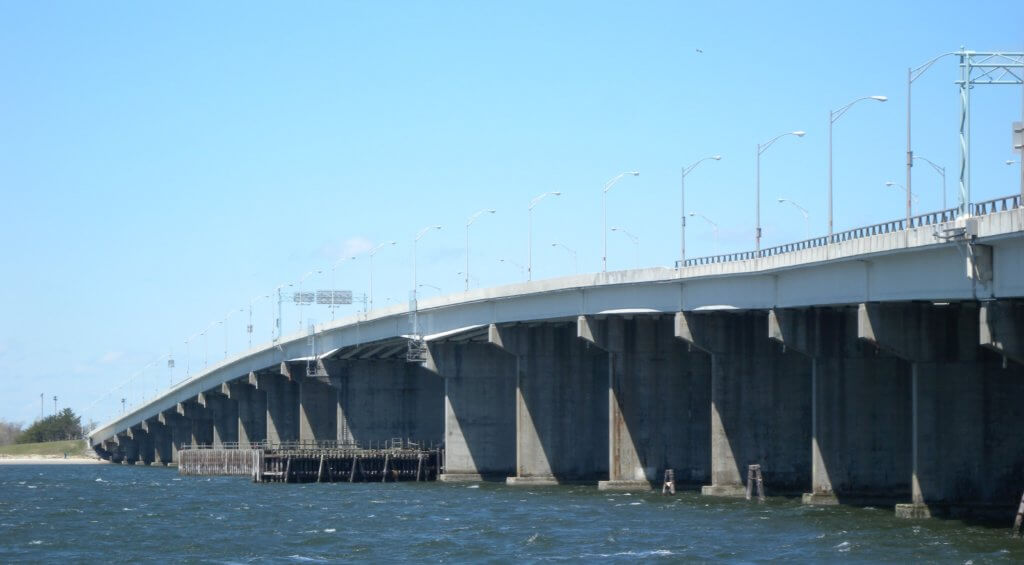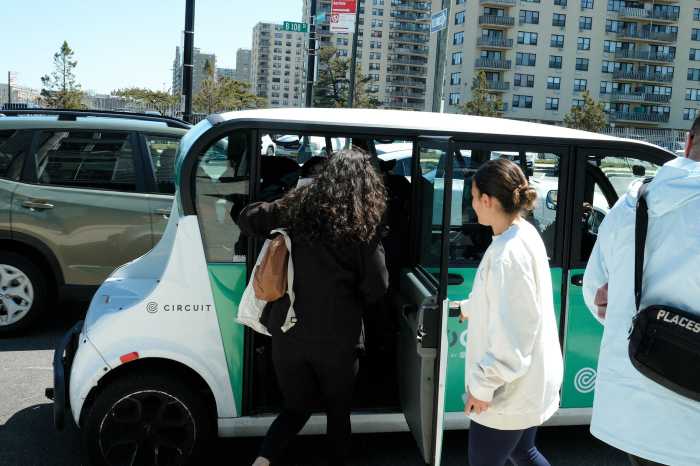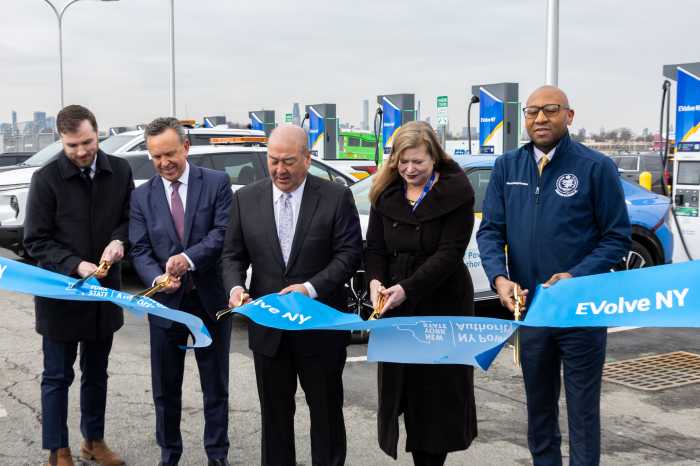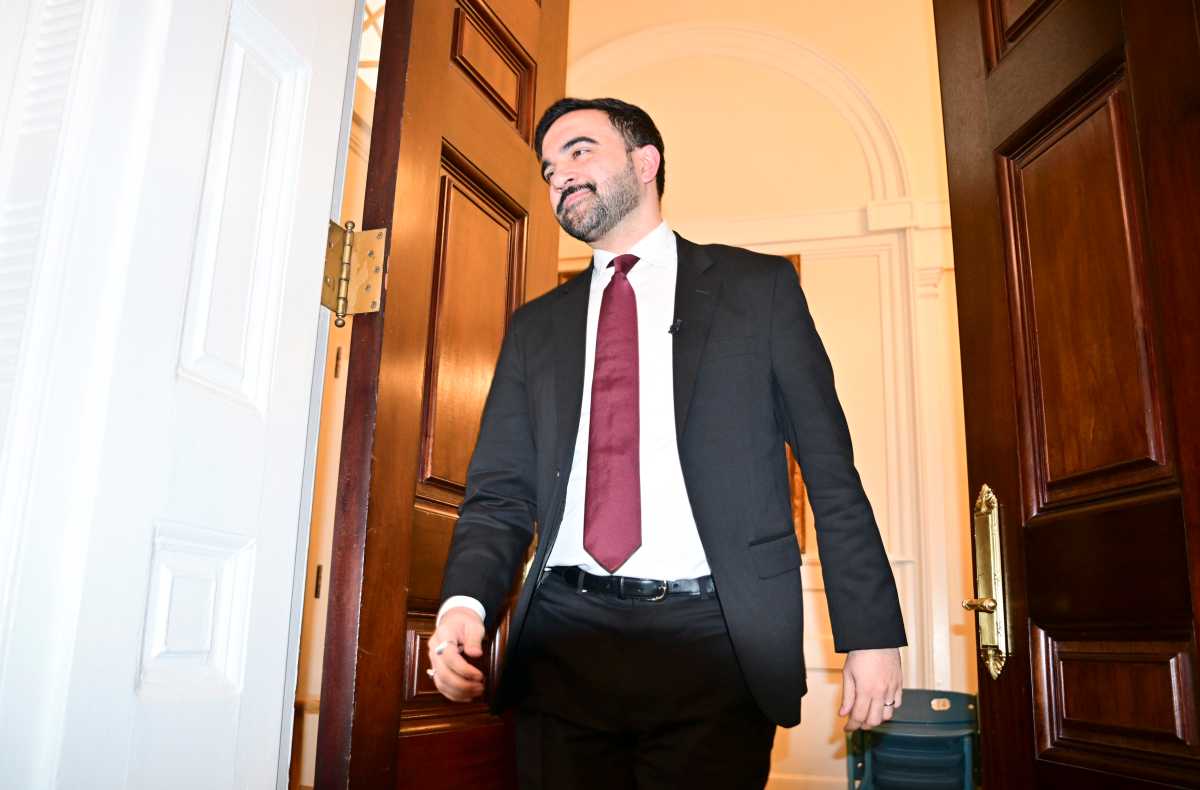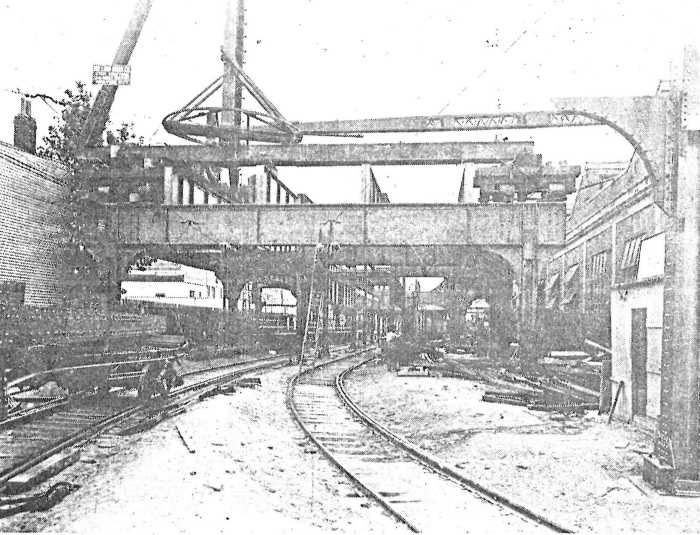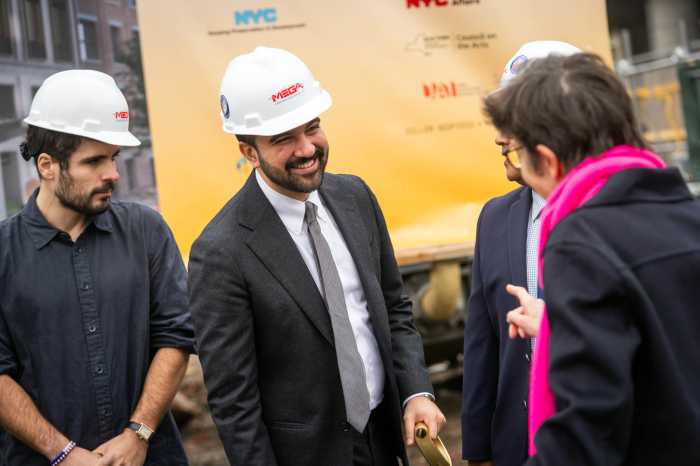Rockaway Assemblywoman Stacey Pheffer Amato is adamantly opposed to the MTA’s plan to raise bridge and tunnel tolls in New York City by 7 percent.
The toll for the Cross Bay Veterans Memorial Bridge, which connects Rockaway to the rest of Queens, will increase from $2.29 to $2.45 for residents who receive the EZ-Pass rebate, and from $4.75 to $5.09 for all other drivers.
The MTA will also be penalizing drivers without properly mounted EZ-Pass devices in their car. Drivers with EZ-Pass devices not in place will pay a toll halfway between the EZ-Pass rate and the non-EZ-Pass rate.
“As I’ve said countless times, the Cross Bay Veterans Memorial Bridge is the only intra-borough bridge in all of New York state. These toll increases are unjust, unnecessary, and unwanted, and place an additional burden on constituents during a time of economic uncertainty,” Pheffer Amato said. “My bill, A.798, would eliminate the toll for the Cross Bay Bridge entirely, and make sure we’re never subject to a toll increase again.”
This marks the third term that Pheffer Amato has introduced this legislation since she started in office over the 2017-2018 legislative term. The bill passed the Assembly in 2017, but has not passed the Assembly or Senate since.
The increases to the tolls will bring the MTA $62 million this year, and $116 million next year.
“The MTA has relied on biennial toll increases since 2010 to provide modest and predictable increases and the COVID-19 pandemic’s devastating impact on our budget makes it even more important this year,” Ken Lovett, senior advisor to MTA Chairman Pat Foye said when the toll hike was announced last month. “While ridership remains down by more than 70 percent on average across subways and commuter rails, crossings on MTA Bridges and Tunnels have virtually returned to normal, down around 10 to 20 percent from pre-pandemic levels. These changes will help ensure we continue to run as much service as possible for customers.”
The MTA toll increases are scheduled to take place in six to eight weeks.
“My constituents use this bridge every day to conduct their daily lives, to take their kids to and from school, to visit their families and get their groceries, all while having to pay a toll,” Pheffer Amato said. “This increase is another signal that now is the moment to re-evaluate the significance of the $14 million in toll revenue this bridge receives against the multi-billion-dollar MTA budget.”

